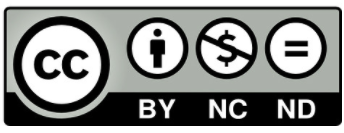Cases in Plato’s Early Dialogues
DOI:
https://doi.org/10.53382/issn.2735-6140.4Keywords:
Platón, Sócrates, definiciones, casos, André JollesAbstract
In this paper, it is intended to show under what perspective the following problem arises for the interpretation of the Euthyphro, the Laches, and the Charmides: in what sense are certain questions, which Socrates asks in terms of "what is...?" discussed "in the light of cases" in each of these dialogues? To show that this is a problem, I expose and justify the three criteria governing the selection of the Euthyphro, the Laches, and the Charmides for this research. These criteria are: (i) dialogues are often regarded as "definitional dialogues", (ii) the dialogues are often cited in discussions for or against "the Socratic fallacy”, (iii) it is assumed that cases are presented in the dialogues. In the first section of the paper, it exposes that there is a problem with a certain way of interpreting these three dialogues as "dialogues of definition", and that this problem persists in the interpretations of those who discuss "the Socratic fallacy". In the second section it suggests some way of understanding that, in the dialogues in question, "cases" are presented, applying the concept of case outlined by André Jolles in his work Einfache Formen. Finally, it is argued that, by investigating whether the cases in each of the dialogues are "cases" in the sense suggested, we can advance a more precise interpretation of these texts than the interpretation considered in the first section.
Downloads
Downloads
Published
Issue
Section
License
Copyright (c) 2022 Belén Cornejo Pérez

This work is licensed under a Creative Commons Attribution-NonCommercial-NoDerivatives 4.0 International License.






